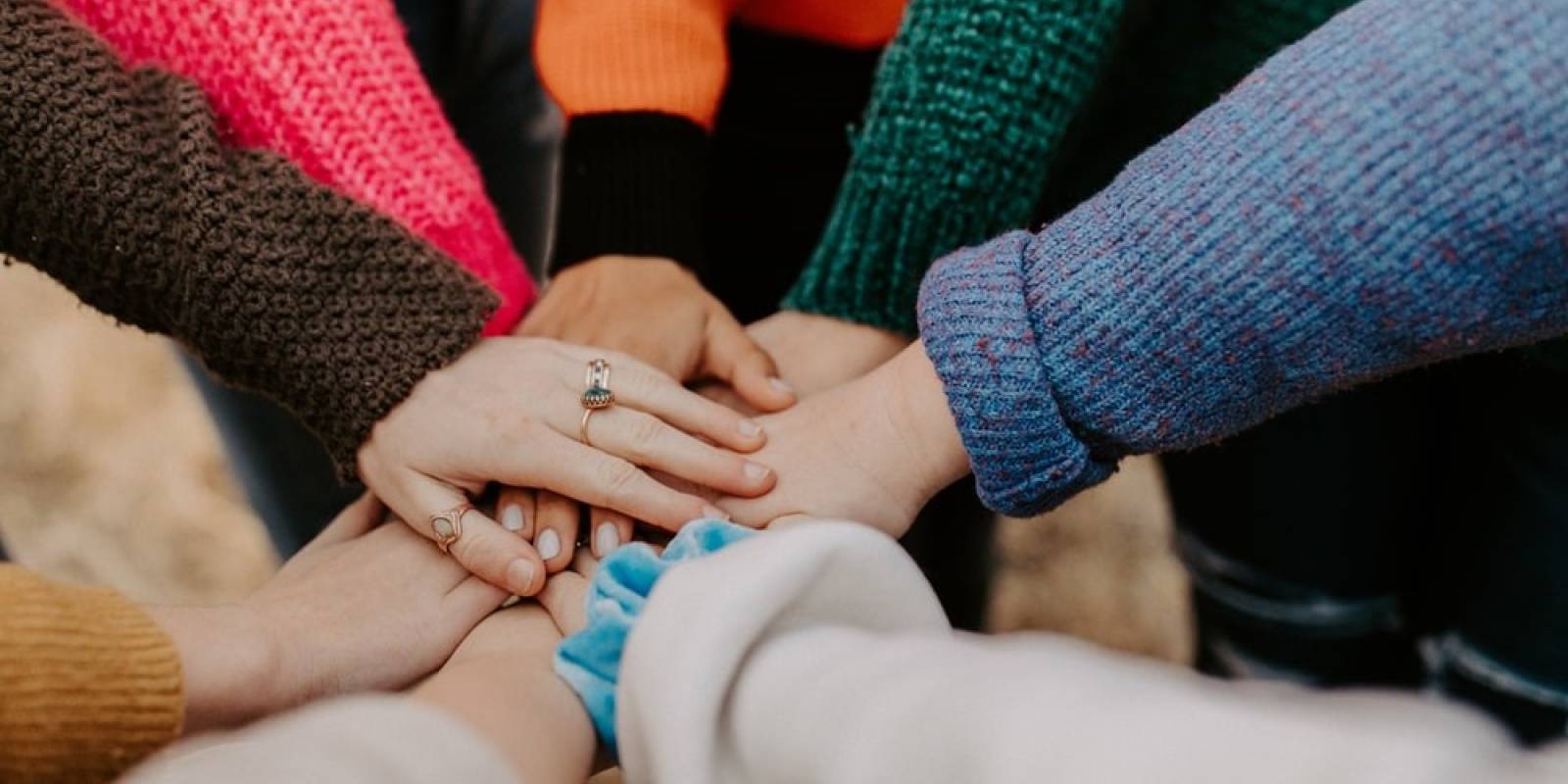Domestic abuse is the most prevalent form of abuse within our society, and the church plays an important part in recognising and responding to this complex social problem that impacts people, communities and services across our society, spanning health, housing, social care, the Criminal Justice System and beyond.
Church should be a source of support for people experiencing abuse, but it all too often creates barriers and difficulties.
A recent study undertaken in partnership with Mothers’ Union and the national safeguarding team highlighted we still have some way to go to ensure anyone experiencing domestic abuse feels safe and support by their church community. As in some cases “domestic abuse is not considered a subject to be talked about in the Church to which I belong”.
As Church we want our communities to feel able to recognise and refer individuals to services that can provide the specialist support.
Over the coming months we will be working across our Church communities to develop, stronger partnership, and developing resources and training to support confidence in recognising and responding to domestic abuse.
You are not alone
Support services are available both locally and nationally to support both individuals and families that have experienced domestic abuse. And if you are immediate danger, please call 999.
- National Domestic Abuse Helpline
- Men's Advice Line
- Mankind
- Parental Education Growth Support (PEGS)
- Women's Aid
- The Mix (free information and support for under 25s)
- National LGBT+ Domestic Abuse Helpline (run by Galop)
RISE UP
In the same way, you husbands must give honour to your wives. Treat your wife with understanding as you live together. She may be weaker than you are, but she is your equal partner in God's gift of new life. Treat her as you should so your prayers will not be hindered - 1 Peter 3:7.
RISE UP Against Domestic Abuse is Mothers’ Union’s new campaign to raise awareness about domestic abuse.
Mothers’ Union’s aim is to make sure that activism against domestic abuse and gender-based violence happens 365 days a year and not just during the 16 Days of Activism campaign in November and December.
The letters of RISE UP stand for Respond, Inform, Support, Empower, Unite and Pray.
Domestic Abuse: Our Church culture
In May this year we launched a short survey to explore our current culture and responses to domestic abuse.
“The purpose of this survey is so that we can notice change and identify the gaps in how we are becoming ever more a church which reflects God’s desire for every unique and precious individual to go on becoming who they fully are in relationship with God and in healthy, respectful relationships with their neighbour, not least within families, households and worshipping communities” (Bishop Rachel Treweek).
Explore the key findings so far.
Help us further explore our culture surrounding domestic abuse by completing the survey.
What can we do
Domestic abuse isn’t always physical. Coercive control is an act or a pattern of acts of assault, threats, humiliation and intimidation or other abuse that is used to harm, punish, or frighten their victim. This controlling behaviour is designed to make a person dependent by isolating them from support, exploiting them, depriving them of independence and regulating their everyday behaviour.
Find out what practical steps you can take to support victims and survivors of abuse.
If I told you
Domestic abuse doesn’t discriminate, there is no magic wand, and domestic abuse affects people throughout society and at every stage of life.
An estimated 1.6 million women experience domestic abuse every year though that’s only the tip of the iceberg, as many women don’t report abuse due to fear of being judged or not believed.
As we close the 16 Days of Activism campaign, take a moment after listening to this poem to consider how you might respond if I told you.
It's not just black eyes and bruises
The 2022 campaign, 'It's not just black eyes and bruises', brought focus to raising awareness of domestic abuse within our church and wider communities. Here you will find all 16 videos published in 2022 which we encourage you to continue using to raise awareness:
- Day 1: Raising awareness
- Day 2: It's not just bruises
- Day 3: Signs of domestic abuse
- Day 4: Men experience abuse too
- Day 5: Child to Parent abuse
- Day 6: #NoMore1in3
- Day 7: Stalking
- Day 8: Work in Chelmsford Diocese
- Day 9: Support from the Church
- Day 10: Forming local alliances
- Day 11: Livia's experience
- Day 12: Impact of abuse on children
- Day 13: Time to reflect
- Day 14: Taking action
- Day 15: Not just 16 days
